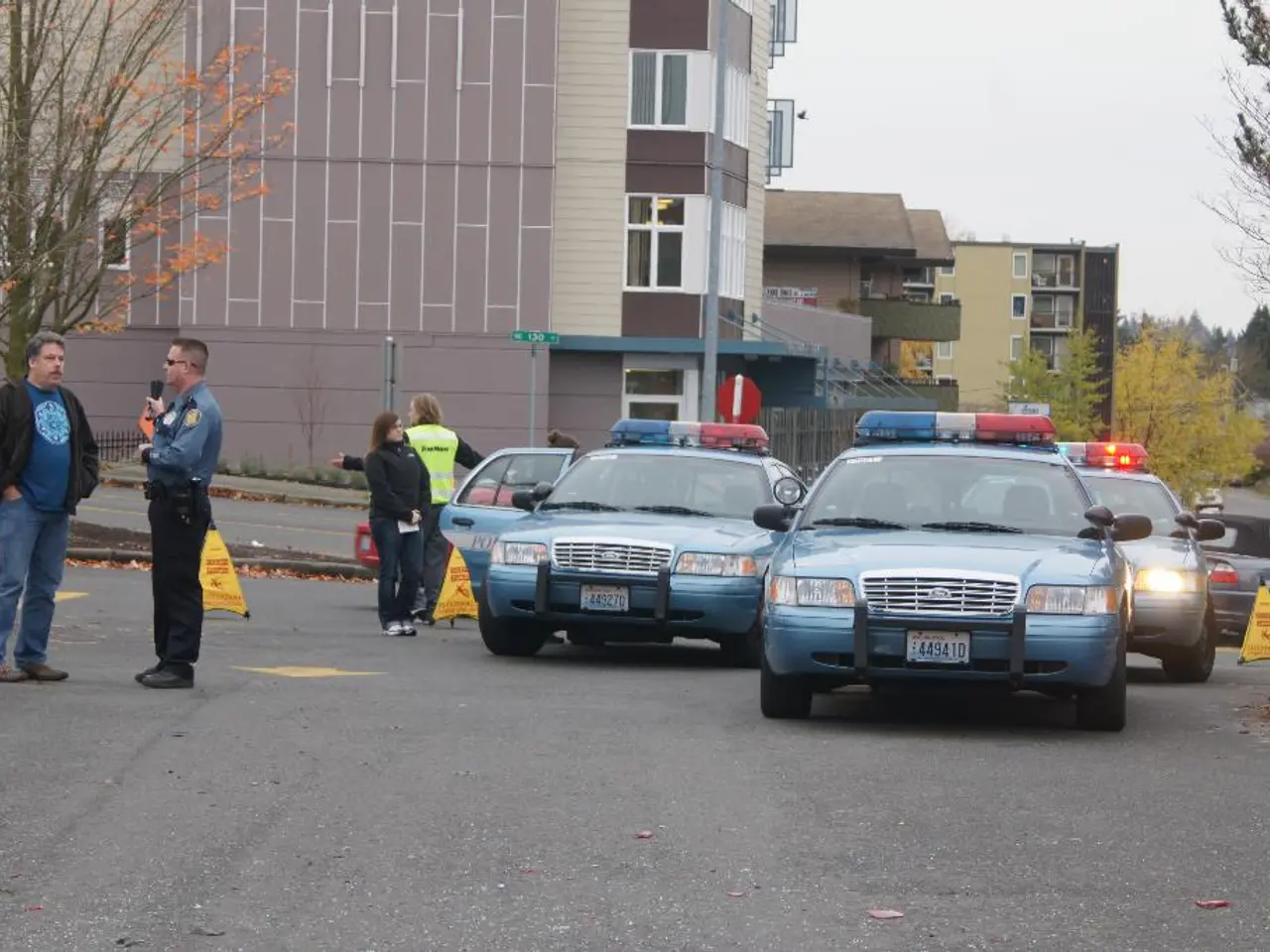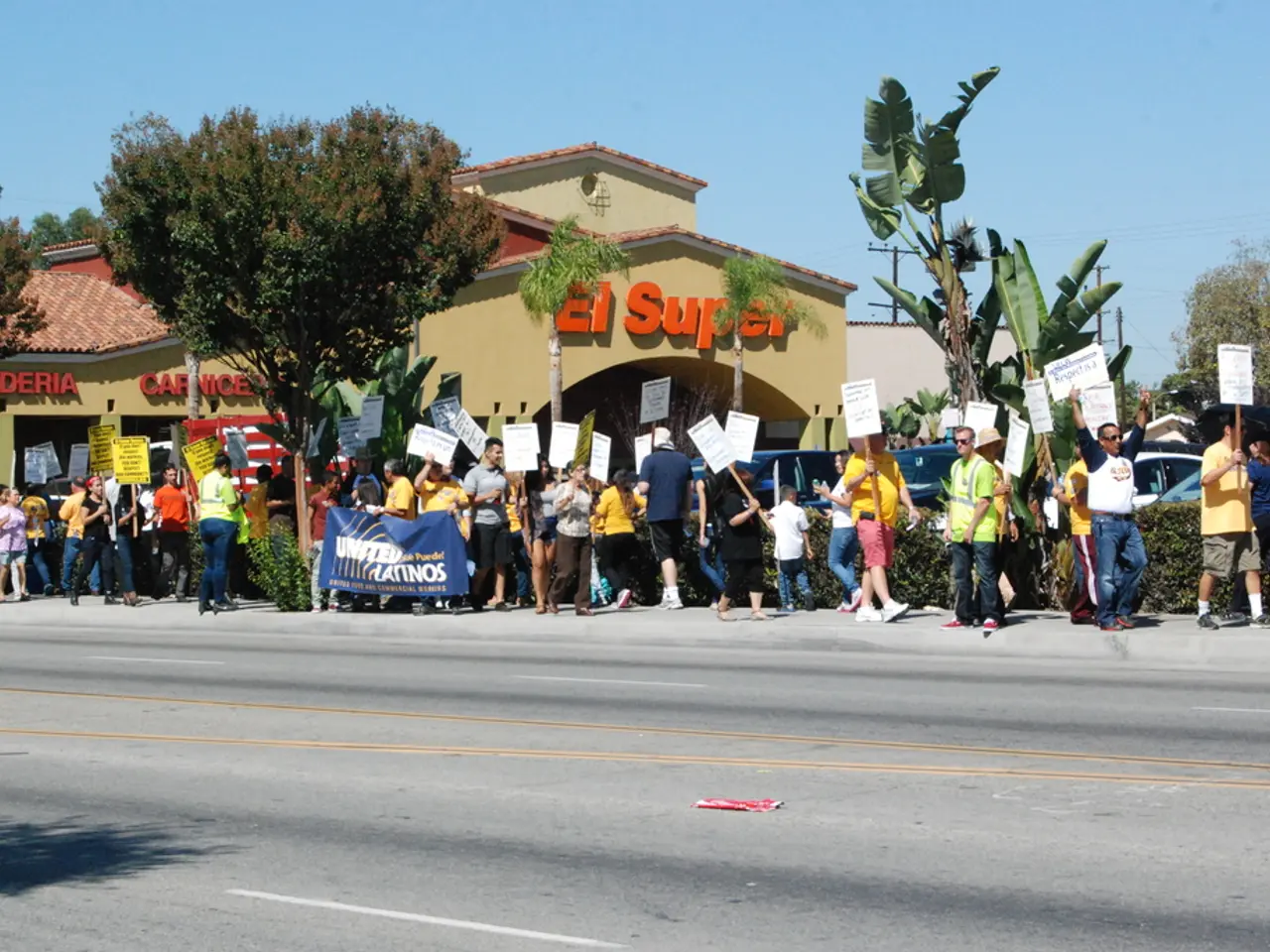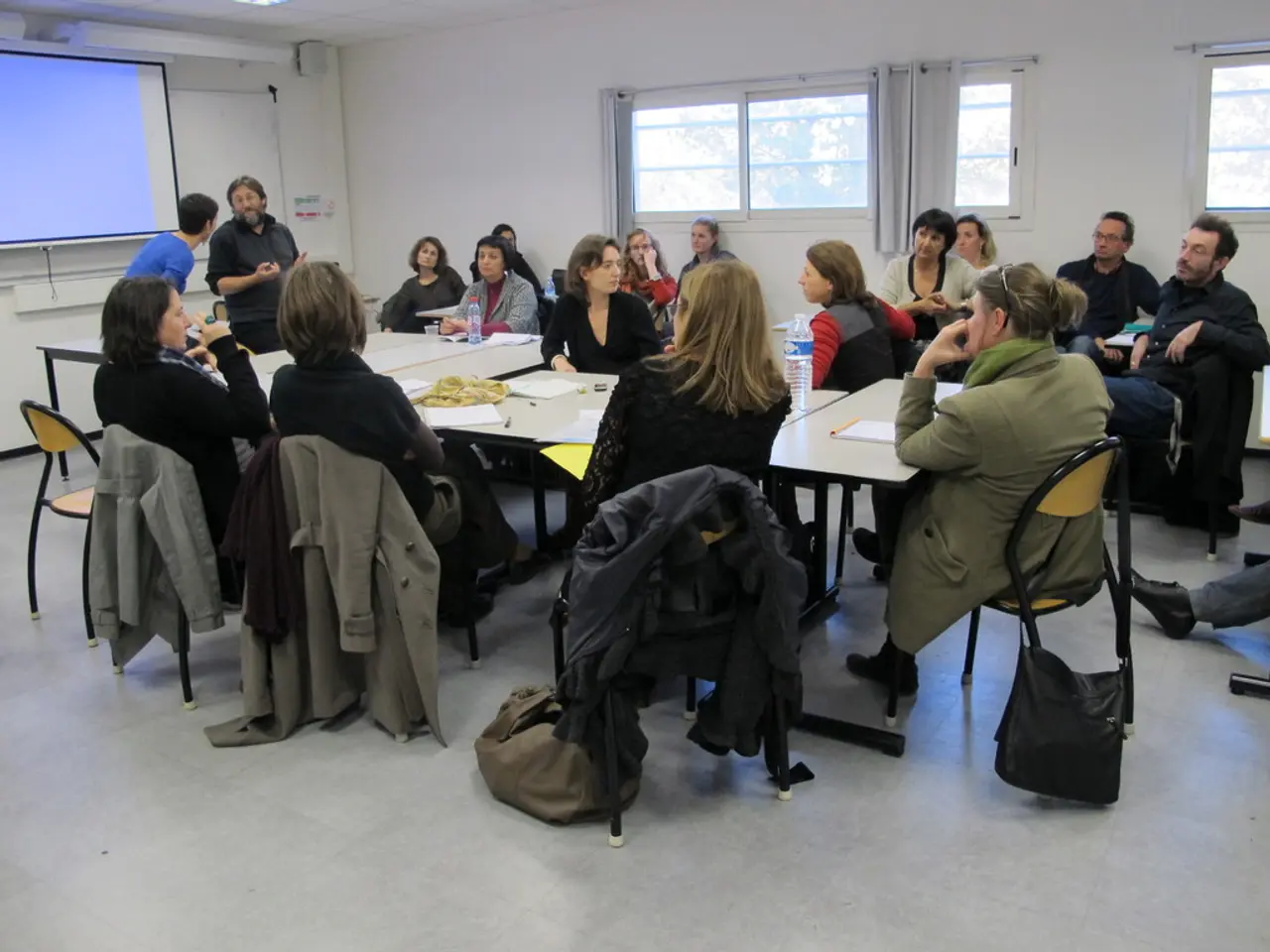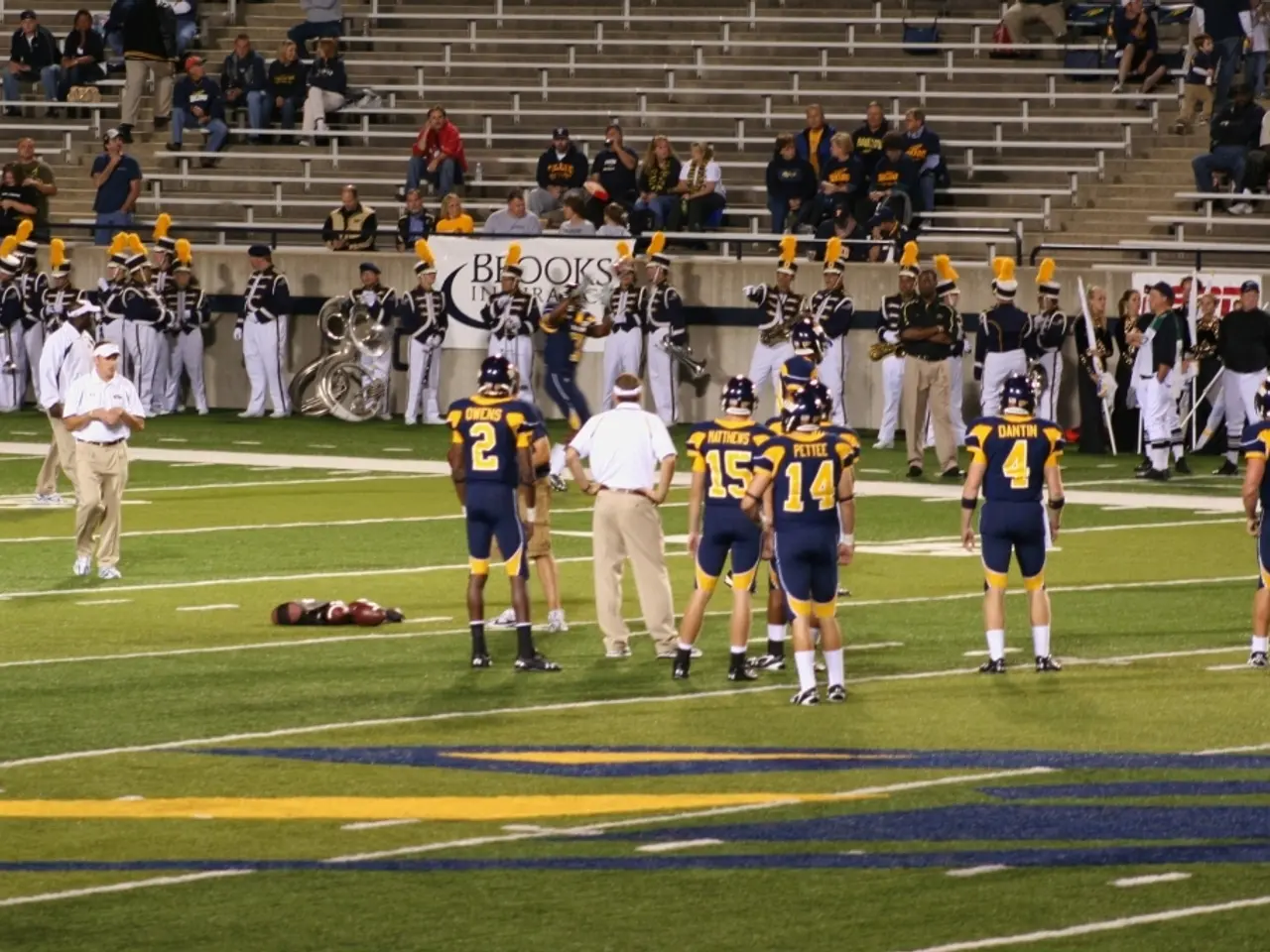Pfizer executive summoned by Republicans for scrutiny over timing of COVID-19 vaccine trial initiations
The U.S. House Judiciary Committee is currently investigating Pfizer over allegations that the pharmaceutical company intentionally delayed the announcement of its COVID-19 vaccine efficacy results to avoid influencing the 2020 U.S. presidential election.
The accusation centres on claims that Pfizer's leadership slowed clinical trial results, postponing the release until six days after the election on November 3, 2020. However, Pfizer CEO Albert Bourla has consistently maintained that the timeline was "purely science-driven" and not influenced by politics.
Former Pfizer executive Dr. Philip Dormitzer, who was the global head of vaccines research and development at GSK Plc at the time of the alleged incident, is reported to have told colleagues at GSK in late 2024 that three senior Pfizer R&D executives were involved in deliberately delaying the process due to concerns about political repercussions from the Trump administration. However, Dormitzer has denied these allegations, calling them a "misinterpretation."
The investigation has significant implications, including potential reputational damage to Pfizer, legal scrutiny, and political fallout as Republicans lead the probe, which could amplify public skepticism about pharmaceutical companies' influence on public health decisions.
The COVID-19 vaccine became a major part of the 2020 presidential election, with candidates debating its importance and safety. In 2020, Pfizer's COVID-19 vaccine candidate BNT162b2 entered Phase I–II clinical trials in April-May, with Phase II–III pivotal trials starting in July. These trials were conducted as randomized, placebo-controlled, observer-blind studies involving tens of thousands of participants to assess safety and efficacy.
In a statement during the vice presidential debate, Kamala Harris expressed concern about the politicization of the vaccine, stating that she would take the vaccine if public health professionals, not Trump, advised the public to get the shot.
The investigation is ongoing, with the House Judiciary Committee resorting to subpoenas as Dormitzer failed to comply with the original request. The committee claims that Dormitzer was accused of telling GSK employees that senior people in Pfizer R&D deliberately slowed down clinical testing of the vaccine.
Pfizer officially announced the vaccine's effectiveness on November 9, 2020, six days after the election. Bourla reportedly expressed disappointment in the politicization of the vaccine following the debate, vowing in an internal memo that Pfizer "would never succumb to political pressure."
While serious allegations have been raised and a formal investigation is underway, there is no conclusive public evidence that Pfizer intentionally slowed down vaccine trials for political reasons. Dr. Philip Dormitzer’s alleged role in the delay has been contested and denied by him and Pfizer's leadership.
- Amidst ongoing policy-and-legislation investigations, concerns about politics influencing Pfizer's COVID-19 vaccine timeline persist, as allegations point to a deliberate delay to avoid election impact in 2020.
- As the House Judiciary Committee delves into the economy-affecting issue of vaccine development, the stakes are high, with potential implications for Pfizer's reputation, legal standing, and public trust, given the politically charged atmosphere surrounding the investigation.








